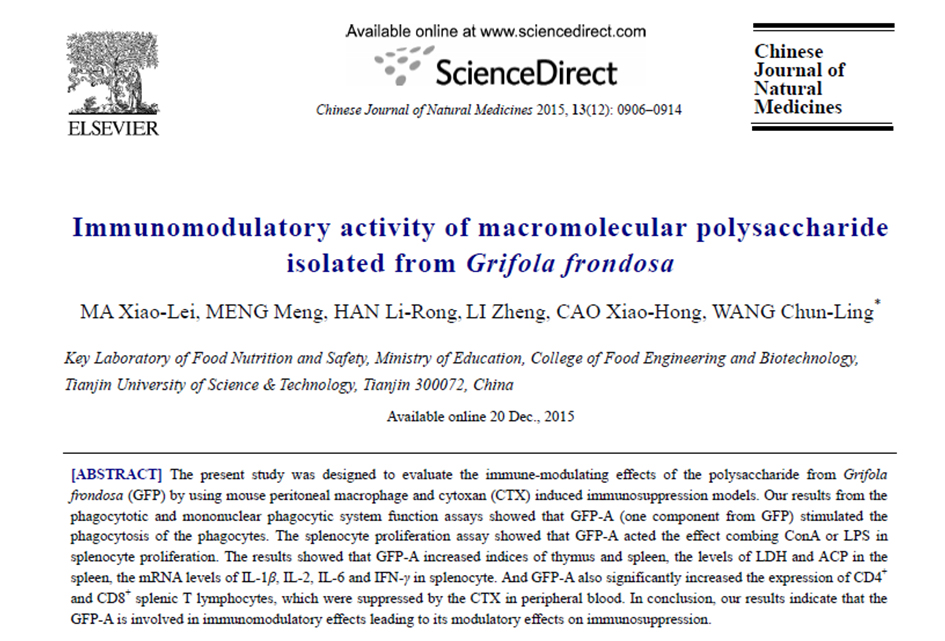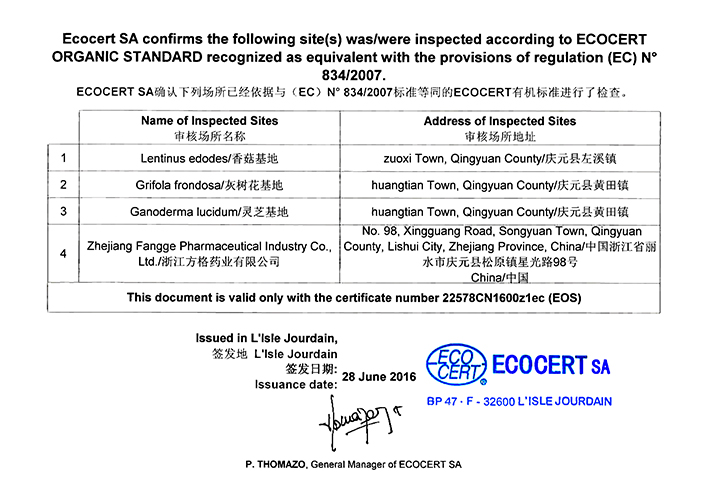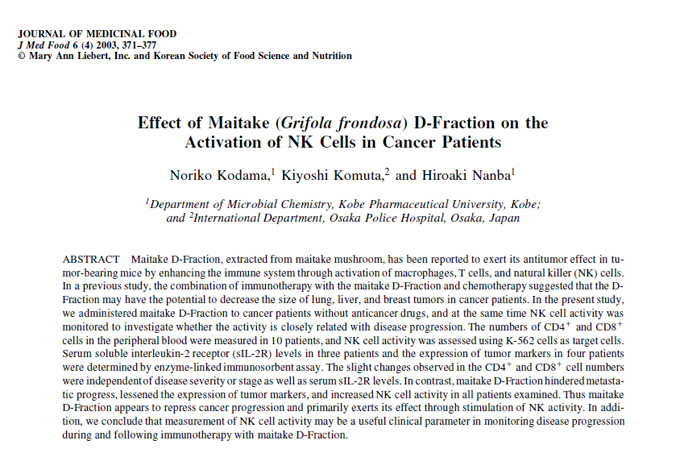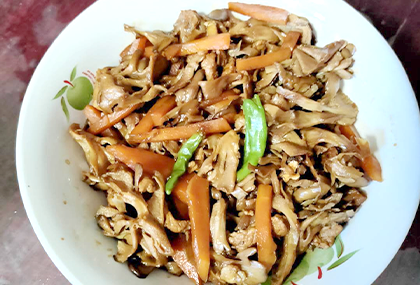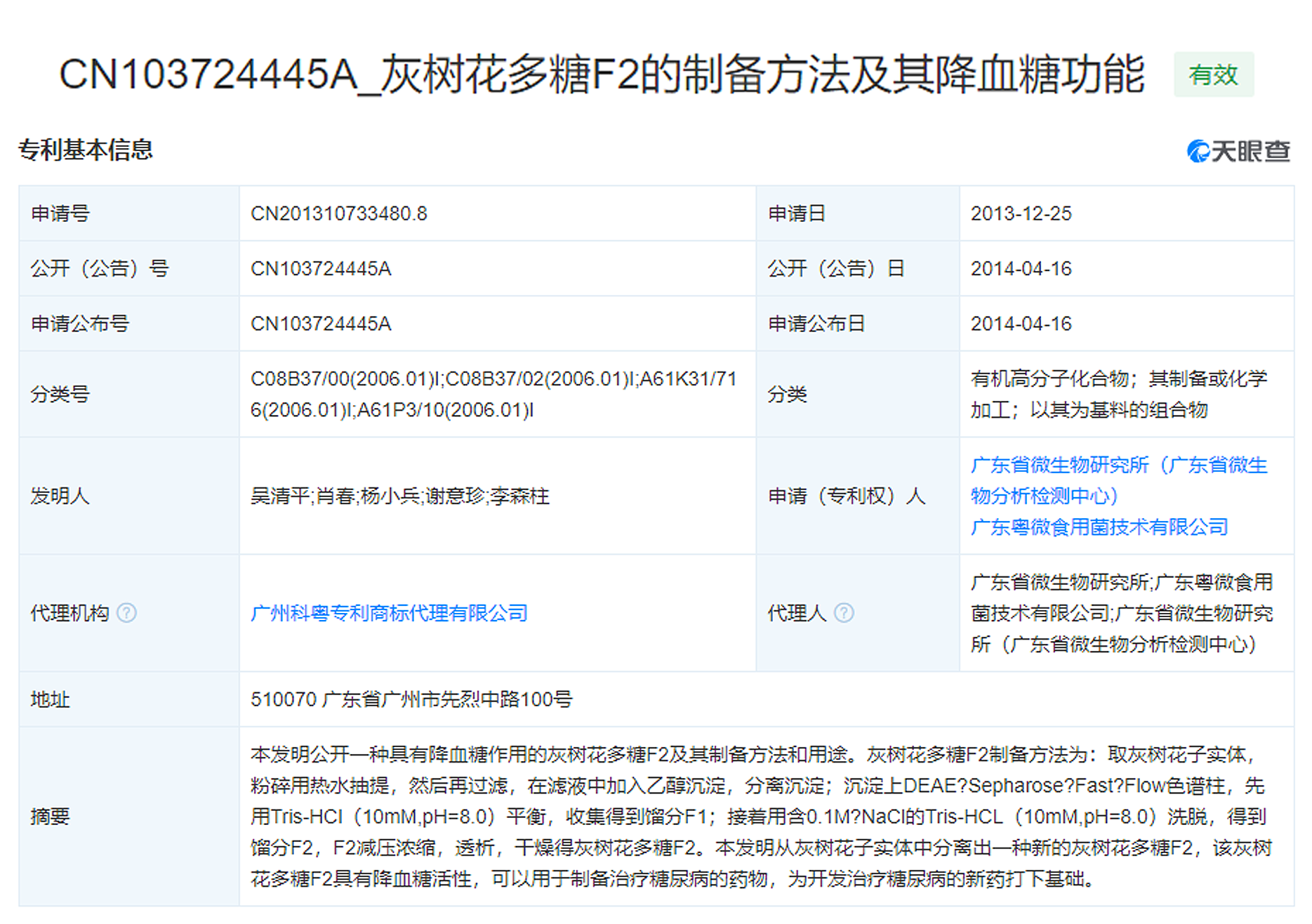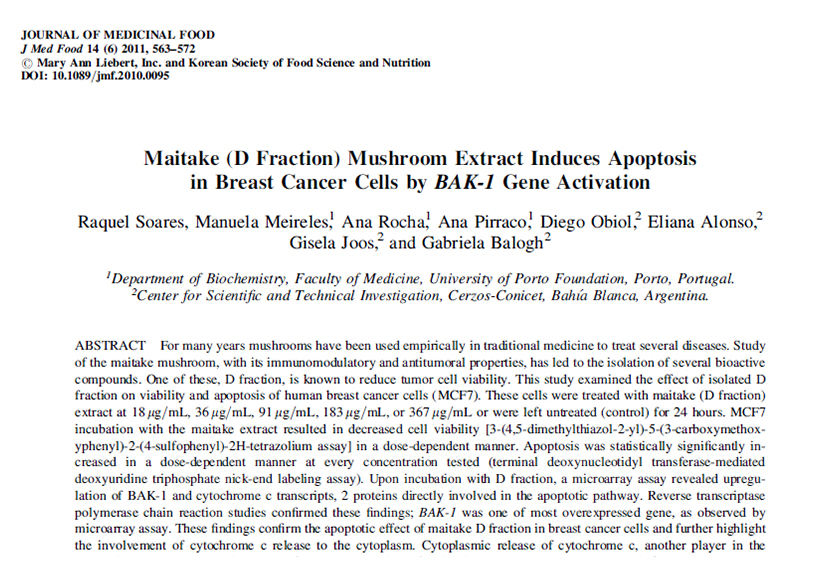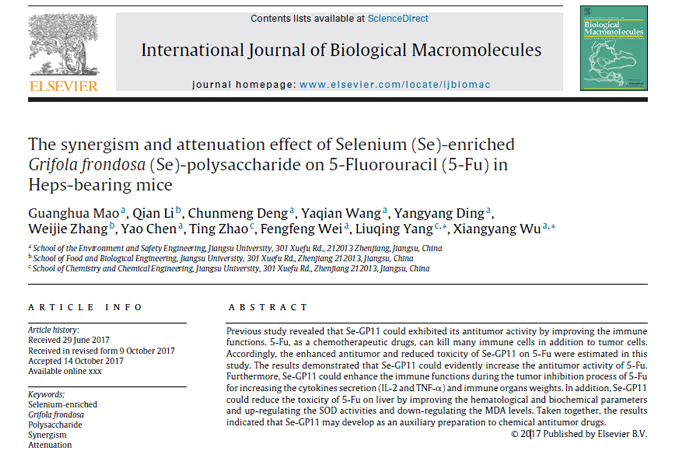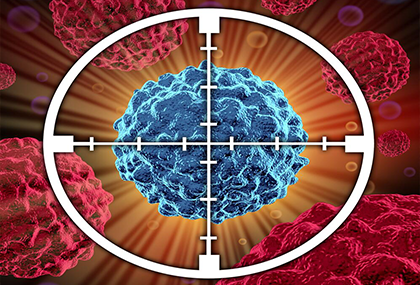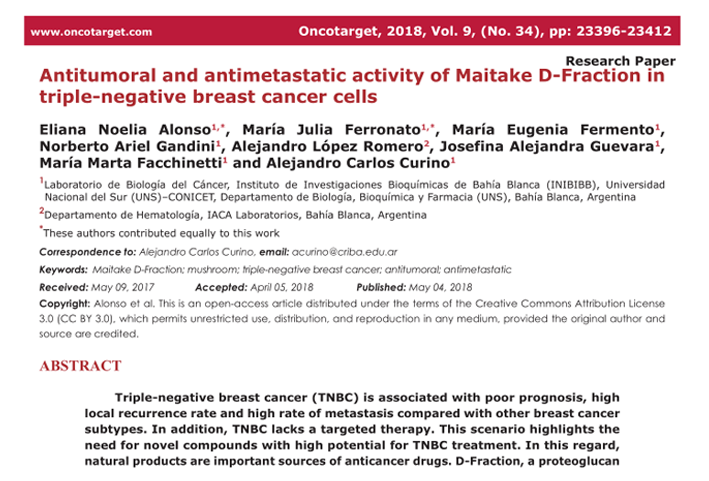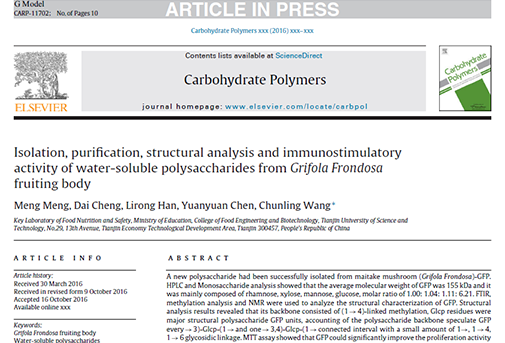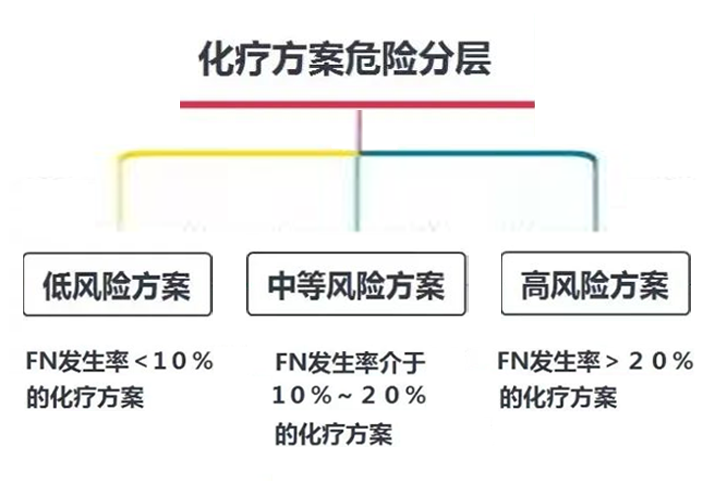During the recovery period, tumor patients often suffer from anorexia and increased nutrient consumption due to the influence of the disease itself, various treatment factors, depression, anxiety, pain and other factors. Therefore, patients generally suffer from insufficient nutrient intake, resulting in malnutrition.
Reasonable diet can improve the nutritional status of patients and improve the therapeutic effect. Patients should take the initiative to communicate with the doctor in charge to confirm food or dietary taboos, or ask a nutritionist to help develop a nutritionally balanced diet plan.
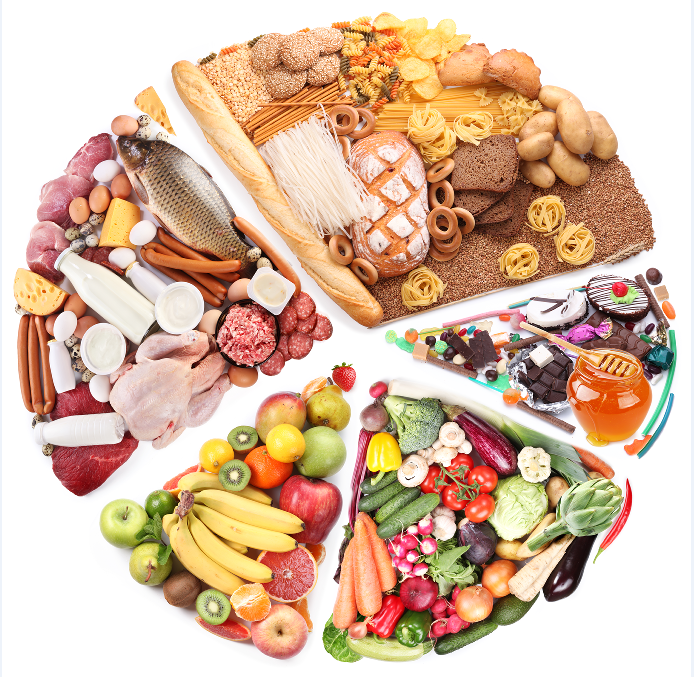
1. Diet should be gradual
Most of the side effects of anti-tumor treatment gradually disappear in the recovery period, but some of the side effects (such as anorexia, abdominal distension, pain, taste or smell changes, dysphagia) may last for a period of time, especially the recovery of digestive function of patients after digestive tract tumor surgery takes longer, so before choosing food, pay attention to the gradual transition of diet.
For tumor patients with gastrointestinal tract injury caused by radiotherapy and chemotherapy, they are generally given clear liquid food such as rice soup, lotus root powder, vegetable juice, etc. 2 to 3 days later, they can try liquid food such as thick rice soup, light broth, thick vegetable juice, etc. 1 to 2 weeks later, they can try semi liquid food such as noodles, noodles, thick porridge, etc; Semi liquid diet is also suitable for patients in the recovery period after tumor surgery.
As semi liquid food has more water, less solids and lower nutrient supply, in order to meet the needs of nutrients and energy, most people eat less and more meals (every 2-3 hours, 6~8 times a day), and then gradually transition to soft food according to tolerance.
Different tumor patients have different conditions. Young patients recover more quickly, while older and usually weak patients recover more slowly. However, the general transition principle is similar, that is, from less to more, from thin to thick, from single to multiple, and gradually increase the dosage.
The diet should be easy to digest, less stimulating, and not flatulent. You should not overeat, but you should not be too careful. The key is to master the principles and avoid extremes. If necessary, take oral supplements to ensure nutritional needs and prevent malnutrition.
2. The diet should be light and delicious, with diversified food and balanced nutrition
The daily diet of tumor patients in the recovery period should be reasonably arranged under the guidance of the doctor in charge or the clinical nutritionist.
More than 12 kinds of food should be guaranteed every day. The energy source is mainly cereals. The protein intake should be given priority, especially the intake of high-quality protein food such as fish, shrimp, meat, eggs, milk, etc;
At the same time, it is required to ensure a proper amount of fresh vegetables and fruits, preferably above 300g/d for vegetables and 200-300g/d for fruits;
You can choose more foods that can help fight cancer, such as mushrooms, mushrooms, carrots, green beans, kiwi, etc;
Avoid foods rich in simple sugars such as desserts and sweet drinks;
Reduce the use of fatty meat, fried food and other high energy density foods, as well as ham, sausage, bacon, bacon and other processed meat;
Use less sticky food and other food that is not suitable for digestion, as well as pickles, bacon and other food containing nitrite.
3. Keep proper weight and exercise properly
Exercise can reduce muscle catabolism, increase anabolism, help patients improve physical fitness, reduce the risk of muscle atrophy due to lack of exercise, and recover from cancer treatment as soon as possible.
Before exercise, it is recommended that patients consult a multidisciplinary management team including the doctor in charge and clinical nutritionist to prevent sports injuries caused by physical exhaustion.
Most cancer patients in the recovery period can carry out individual resistance training on the basis of aerobic exercise to maintain muscle strength and muscle quality;
If the physical strength is poor, you can walk for 10-15 minutes every day, step by step, which is also helpful to improve physical fitness and control weight.
4. Dietary advice in case of nutrition related problems
(1) Dysphagia
① Try to choose soft and fine food, and cook it by thickening or eat it with gravy, broth, etc;
② Beat the food into mud with a food mixer;
③ Drink 6-8 cups of liquid food every day, and adjust the liquid food to a consistency suitable for swallowing;
④ If you cannot get enough nutrition from natural food, you can supplement formula food for special medical purposes or tube feeding.
(2) Inappetence
① Eat less and eat more;
② Change the recipe, change the cooking method, and pay attention to the preparation of food color, aroma and taste;
③ Choose more fresh vegetables and fruits with high vitamin content;
④ Moderate activities or a little appetizing food (such as sour plum soup, fruit juice, carbohydrate drinks, etc.) before meals; Hawthorn, Semen Raphani, Cocktail, and white lentil can promote appetite to some extent;
⑤ Keep a pleasant mood and a relaxed dining environment;
⑥ If you feel tired, you should rest for a while and eat after your physical strength recovers.
(3) Constipation
① Drink more water or fresh fruit juice, more than 2000ml per day;
② Eat high fiber foods, such as vegetables, fruits, whole grains, nuts (such as walnuts and almonds), whole wheat bread, etc;
③ Multi purpose vegetable oil;
④ Fast eating pepper, onion, ginger, etc;
⑤ Proper exercise;
⑥ Relax the tense mood and develop good defecation habits;
⑦ You can eat more tremella soup, walnut black sesame paste, honey grapefruit tea, sweet potato porridge, etc.
(4) Nausea and vomiting
① First of all, you should add water, such as warm sugar and salt water or light and cool drinks. You should not be eager to eat a lot;
② Eat less, eat more, eat less, and eat some dry food after getting up and before exercise, such as biscuits and bread;
③ Eat sour and salty food, and avoid too sweet and greasy food;
④ In case of severe vomiting, antiemetic can be taken through the doctor's prescription;
⑤ Can drink ginger juice orange peel drink, fresh lotus root juice to alleviate symptoms.
(5) Leukopenia
① Balanced diet is the most important;
② Choose foods rich in protein, vitamin B6 and B12, such as animal liver, kidney, meat, egg yolk, mushroom, etc;
③ Increase foods that help to increase white blood cells, such as black fish, eel, quail, beef, mutton, beef marrow, peanuts, milk, eggs, etc;
④ Fasting spicy and stimulating food;
⑤ If necessary, take leukocytosis drugs.
(6) Anemia
① Eat more animal blood, livestock and poultry meat, dates, walnuts, medlar, longans, red beans, black sesame, peanuts, millet, spinach, rape, beans and other foods to ensure the source of iron, vitamin B12, folic acid, protein, etc.
② Eat more vitamin C, organic acids, animal meat, etc. which are helpful for iron absorption.
③ Avoid or use less strong tea, coffee, calcium preparation, zinc preparation and high phosphorus food that inhibit iron absorption.
Instructor: Shi Wanying, Chief Physician of the First Affiliated Hospital of China Medical University
The above content comes from the White Paper on Dietary Nutrition for Chinese Cancer Patients 2020-2021 issued by the Cancer Nutrition Management Branch of the Chinese Nutrition Society, and this article is compiled by the medical doctor, Xiang Zorro.
Source link:
https://www.cn-healthcare.com/articlewm/20221008/content-1446480.html


